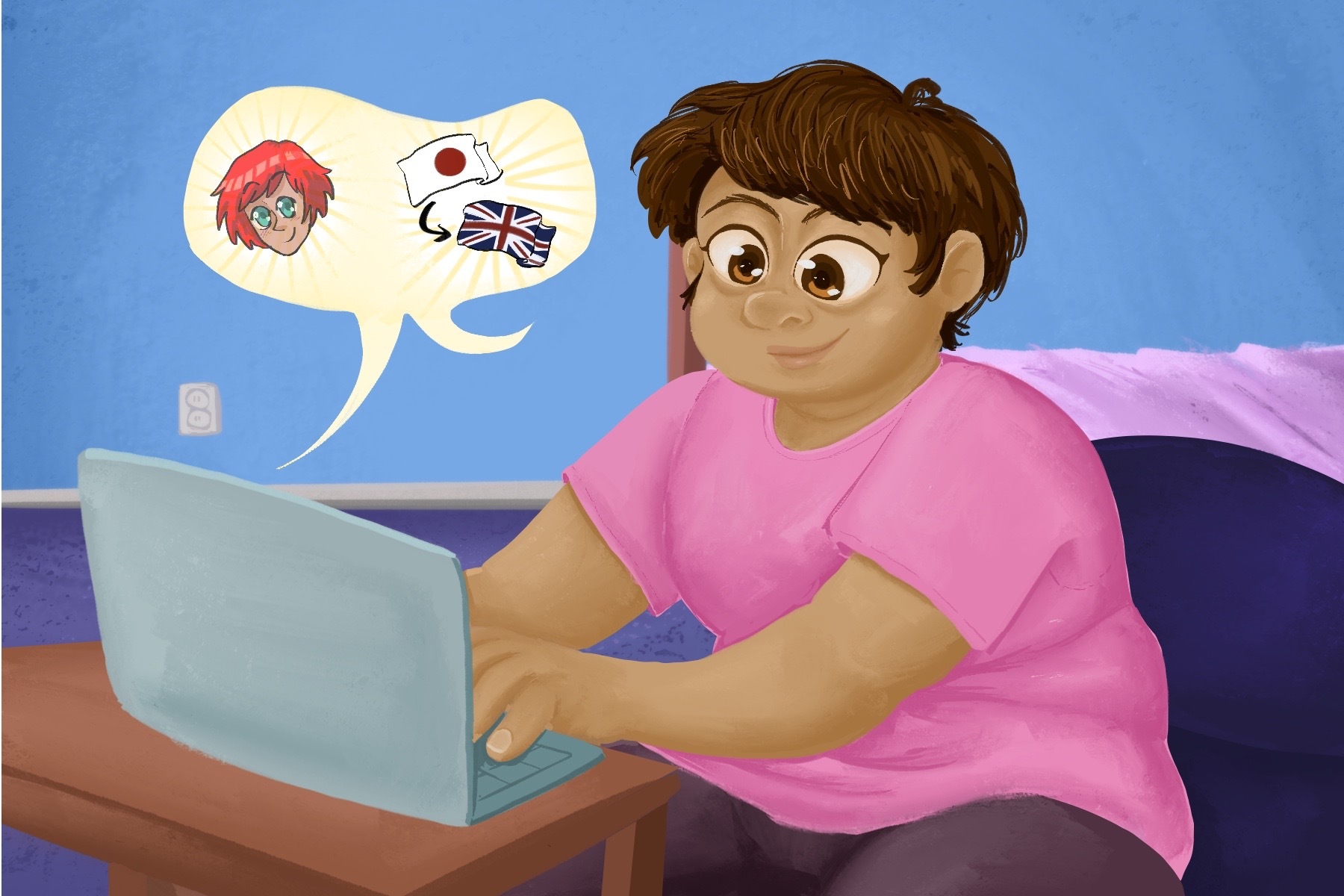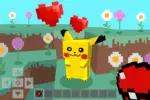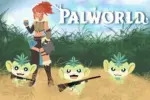Your favorite K-pop idol just made a post, but the Instagram auto-translate feature gives you a weird, garbled translation that doesn’t make much sense. After a quick scroll through the comments, a fellow fan has graciously translated the post for you! You finished the newest installment in your favorite book series, but the ending left you unsatisfied; online, you find someone who has written thousands of words offering a much more exciting conclusion. After playing your favorite game non-stop since it was released, the novelty wears off, and you want something more; you search around and find that some members of the fan community have created a mod that adds in more characters and storylines.
A Labor of Love
While play and labor are usually regarded as being on opposite sides of the spectrum, a new overlap has emerged on both sides. Playbor, or fan labor, is a concept that refers to fans putting in unpaid labor and asking for little to no personal gain — they just want to show off their love for the fandom! Fan art, fan fiction and fan cams are all popular ways in which people express their creativity while celebrating their favorite things. Fans who use their talents in this way do so to connect deeper with other fans and create a closer-knit community.
Fan Translations
Fan translations are a huge part of all fandom communities, especially for Japanese, Korean and Chinese content. Since these languages are especially hard for auto translators to get correct, there can be a disconnect between international fans and their favorite media or celebrities. Blue Night was a popular radio broadcast hosted by K-pop idol Kim Jong-hyun from SHINee, but fans who couldn’t speak Korean weren’t able to enjoy this content since the audio was never transcribed or translated. However, @Bluenight0525 on Twitter translated the broadcasts into English through a livestream hosted for other fans to watch. Through live-tweeting threads and Google Docs, they were able to share the radio broadcast’s message with English-speaking fans.
140303 Blue Night
푸른밤 종현입니다 💙 pic.twitter.com/juLHf92AXP— 푸른밤 종현입니다| HIATUS (@Bluenight0525) September 20, 2020
There’s a lot more translation-related playbor happening in other communities as well. The website Rakuten Viki is an online streaming service that hosts Asian dramas. The website relies completely on community volunteer translating, where teams will work together to translate and put together subtitles for viewers who speak different languages. The site even shares these translations with other streaming services like Netflix and Hulu for a profit that the actual volunteer translators never see a share of.
The entire first game of the Danganronpa series was translated into English by fans before the official version came out, and the fan translation has been cited as one of the reasons the game gained popularity in North America. There is still a large divide between those Danganronpa fans who played the fan translation and those who played the official version since each version was localized in vastly different ways.
Video Game Mods
Video game mods used to be distributed simply on a player-to-player basis; downloadable files were shared on online forums that would code in changes to the game. Video game companies didn’t really bat an eye at these mods and shrugged them off by thinking it was harmless fun for fans. However, after realizing the numerous benefits of this practice, game companies have recently started making it a priority to encourage more modding; for example, Minecraft has created free software that makes modding more accessible as well as a marketplace for players to share their mods. These mods can be free or paid, depending on the choice of the creator. Mojang’s additions of horses and pistons in-game were both inspired by mods, and they have even hired a few of their most successful modders.
Come January 2020, I'll be moving to Sweden to work at Mojang as a Gameplay Developer for Minecraft.
Words can't describe the emotions I felt getting the offer. The past 10 years of my life have been dedicated to embracing game development, working on mods like The Aether. pic.twitter.com/rEOmDI10kl
— kingbdogz (@kingbdogz) December 5, 2019
The video game series Counter-Strike is estimated to make game company Valve more than $400 million a year. But Counter-Strike’s development has a unique beginning: It was initially a Half-Life mod. Minh Le spent more than 20 hours every week creating the original Counter-Strike, and he even admitted that he spent more time on its development than he did on his school work. When his fully finished mod came out, it became so popular that Valve approached him and his partner, Jess Cliffe, to buy the rights and officially claim Counter-Strike as one of their properties.
Even though there’s nothing concrete online about how much the two were compensated, it’s doubtful that they were paid anything close to the amount of money that their creation has earned Valve. Both creators were offered jobs at Valve, just like the Minecraft modders, but does getting paid for your idea or getting a job in the video game industry truly recognize all the free work that these people put into creating the mods? And what about the thousands of other modders that don’t get recognized?
How Companies Benefit From Playbor
The way these companies benefit from fans’ work and creativity is the main problem here. Playbor is becoming a form of labor increasingly exploited by corporations. The opposing argument is that since there is a monetary exchange or a tangible benefit given to the fan, then the labor is being adequately recognized.
However, there’s an imbalance in the relationship between fans and video game companies, even in the type of gains given and received. These companies benefit from mods through the free extra content being added into their games as well as free advertising if their games become popular because of mods. In addition to this, companies are starting to profit off of mods, like we see with Mojang and Minecraft and Bethesda with the Fallout and The Elder Scrolls series.
There can be an imbalance in translation communities too, since translating has become something that companies assume fans will do. We can stay hopeful that going forward, more companies will try to create a more mutually beneficial relationship with their fans in a way that actually recognizes all the playbor that fans put in.
















